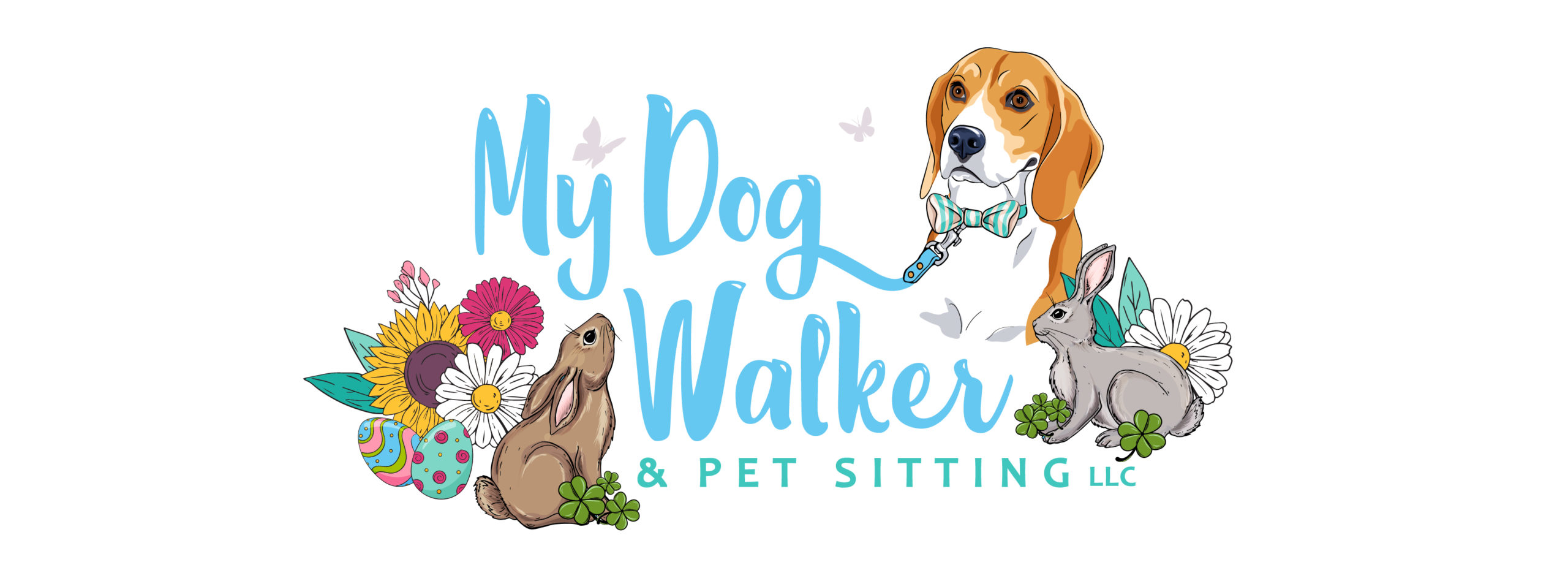Senior Pet Month: Why Older Pets Need Special Attention (and How Pet Sitters Can Help)
November shines a spotlight on one of the most loving yet often overlooked groups in our homes: senior pets. As our dogs and cats reach their golden years, they bring wisdom, loyalty, and gentle companionship, but also unique challenges that require patience, understanding, and specialized care. Senior Pet Month is the perfect time to learn why aging pets need special attention and how a professional pet sitter can make a world of difference in their well-being.
Why Do Senior Pets Require Extra Care?
Like their human companions, pets experience significant physical and behavioral changes as they age. Most dogs are considered senior around seven years, and cats around ten. Here’s why their golden years deserve special attention:
1. Medical Needs Change
Older pets are more prone to conditions like arthritis, diabetes, kidney disease, and thyroid disorders. Regular, specialized wellness exams become crucial for early detection and management.
2. Mobility and Comfort Challenges
Joint pain and decreased stamina mean shorter, slower walks and softer bedding. Slippery floors and stairs can become obstacles, so a watchful, supportive presence at home keeps your pet safe and comfortable.
3. Dietary Adjustments
Senior pets often need tailored diets lower in calories but higher in critical nutrients. They may require more frequent, smaller meals or help with feeding due to dental issues.
4. Increased Anxiety and Confusion
Cognitive decline or sensory loss (vision/hearing) can make seniors more anxious about changes or being left alone, so stability in routine and environment is critical.
5. Medication Schedules
Timely administration of daily meds or supplements is often non-negotiable for older pets’ health and comfort.
How Pet Sitters Make a Difference for Senior Pets
Hiring a trained pet sitter isn’t just a convenience it’s a lifeline for senior dogs and cats. Here’s how a sitter supports your aging companion while you’re away:
– Maintains Consistent Routines
Senior pets thrive when their routines stay the same. Meals, potty breaks, medication, walks, and even nap times are honored reducing stress and keeping pets healthier.
– Provides Personalized, Gentle Care
No two seniors are alike: a professional pet sitter tailors every visit to your pet’s unique needs, whether that’s gentle play, slow walks, or extra cuddles.
– Administers Medication Reliably
From pills and eye drops to specialized diets and injections, experienced sitters ensure each treatment is on schedule.
– Reduces Anxiety and Prevents Loneliness
Companionship is especially important for seniors prone to separation anxiety or confusion. Pet sitters provide friendship, comfort, and reassurance, helping your pet feel safe until you return.
– Monitors for Health Changes
A regular, familiar sitter notices subtle changes in your pet’s habits or appearance and can alert you or your vet right away crucial for catching health issues early.
– Keeps Pets Happier at Home
Many senior pets feel stressed by kennels or travel. With a pet sitter, they enjoy loving care in the comfort of their own home, comfy in their favorite spots with familiar sights and smells.
Tips for Senior Pet Owners
- Schedule regular health checks with your vet (consider bi-annual visits for older pets).
- Make home modifications: ramps, carpet runners, or orthopedic beds.
- Use raised food and water bowls for easier access.
- Keep your pet’s living area warm, safe, and well-lit.
- Provide mental stimulation gentle play, treat puzzles, or scent games—to keep their mind engaged.
- Discuss your pet’s needs and routines in detail with your sitter before leaving.
